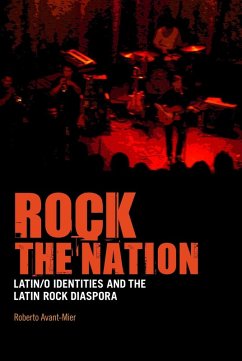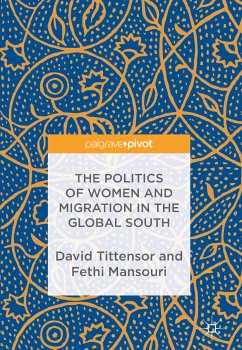Rock the Nation analyzes Latino/a identity through rock 'n' roll music and its deep Latin/o history. By linking rock music to Latinos and to music from Latin America, the author argues that Latin/o music, people, and culture have been central to the development of rock music as a major popular music form, in spite of North American racial logic that marginalizes Latino/as as outsiders, foreigners, and always exotic.
According to the author, the Latin/o Rock Diaspora illuminates complex identity issues and interesting paradoxes with regard to identity politics, such as nationalism. Latino/as use rock music for assimilation to mainstream North American culture, while in Latin America, rock music in Spanish is used to resist English and the hegemony of U.S. culture. Meanwhile, singing in English and adopting U.S. popular culture allows youth to resist the hegemonic nationalisms of their own countries. Thus, throughout the Americas, Latino/as utilize rock music for assimilation to mainstream national culture(s), for resistance to the hegemony of dominant culture(s), and for mediating the negotiation of Latino/a identities.
According to the author, the Latin/o Rock Diaspora illuminates complex identity issues and interesting paradoxes with regard to identity politics, such as nationalism. Latino/as use rock music for assimilation to mainstream North American culture, while in Latin America, rock music in Spanish is used to resist English and the hegemony of U.S. culture. Meanwhile, singing in English and adopting U.S. popular culture allows youth to resist the hegemonic nationalisms of their own countries. Thus, throughout the Americas, Latino/as utilize rock music for assimilation to mainstream national culture(s), for resistance to the hegemony of dominant culture(s), and for mediating the negotiation of Latino/a identities.









